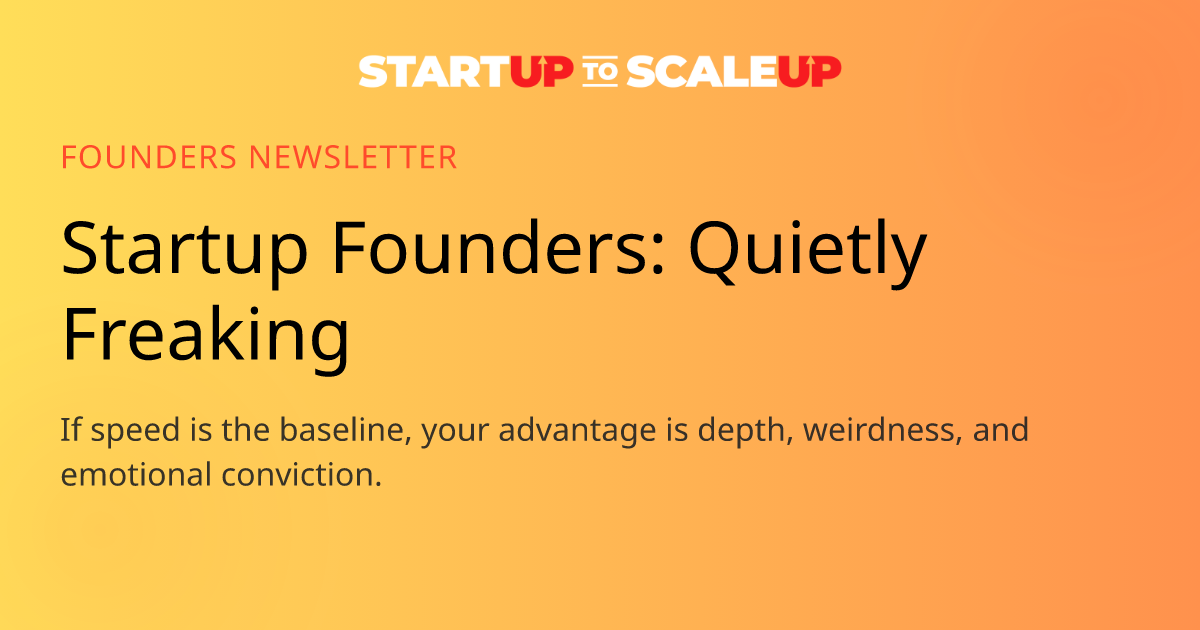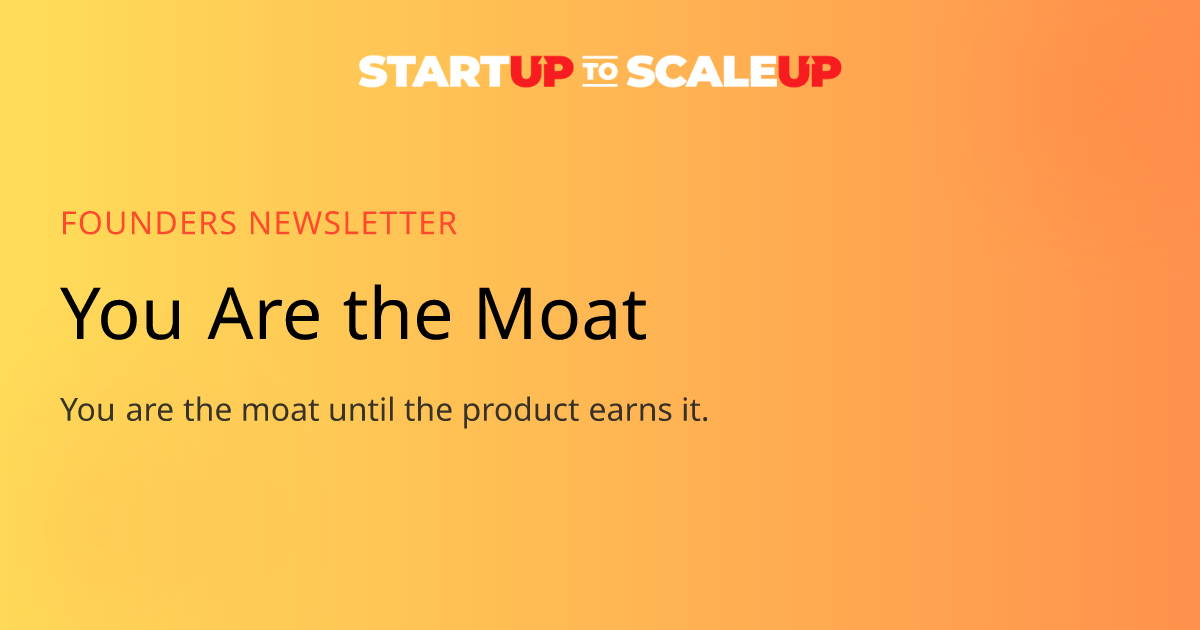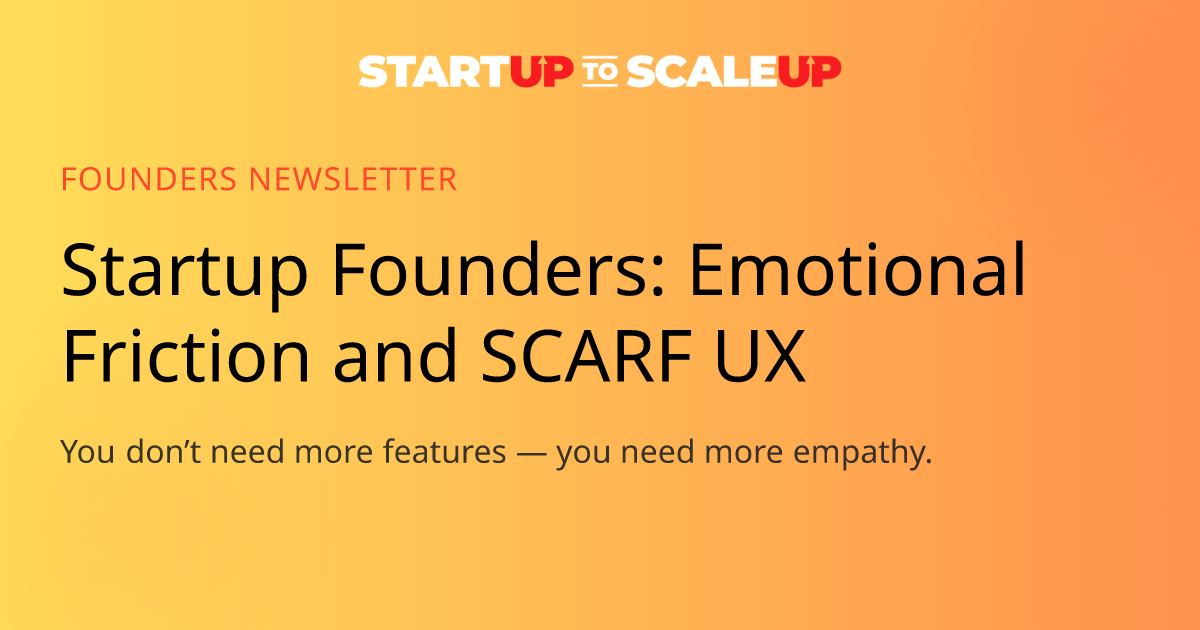From Growth Addiction to Profitable Efficiency: Why PEG Matters Now
Published January 21, 2024
Core Takeaway
In today's market, sustainable business growth requires focusing on operational excellence and core competencies rather than pursuing unsustainable growth at all costs.
TLDR
- The era of GAAC (Growth At All Costs) has ended, replaced by PEG (Profitable Efficient Growth)
- Focus on building core competencies and operational excellence for profitable growth
- Capital has become the constrained commodity, not time
Newsletter
Hey Reader,
StartUp Founders have a growth fetish – we are lured by rapid scale & higher valuations. In doing so, we chase customers at unsustainable costs, mistaking fleeting engagement for loyalty. This blind pursuit of expansion, is generally at the expense of sustainability and profitability. (𝕏 Tweet This)
Capital has now become the constrained commodity, not time. The era of GAAC (Growth At All Costs), glorified when investor cash was flowing, has ended (for now). As the cash is running out, a path to profitability has to emerge....
It's time for PEG - Profitable Efficient Growth, for the 2024 market that values resilience, efficiency, and real value.
The GAAC model was rationalized by founders as follows: customer volume as a defensive moat, the urgency to outpace competitors, promises of monetization during scaling, and the 'it's big data play' narrative. Time was the most significant constraint, leading to the belief that money could buy speed and, thus, the illusion of growth.
All of it, potentially valid, especially in the early days when you are finding your place, architecting your story and testing every channel. However, time is no longer the primary constraint; now, it's capital. which means a focus on growth strategies that positively impact the bottom.
In emerging markets, profitable growth comes by focusing on building core competencies and operational excellence. It's that simple.
There are exceptions to the rule, endless funding or a rocket ship breaking through the chasm to early majority - where unprofitable growth enables you to become a monopoly or market leader and you can exercise market dominance and the capital to sustain it. For the outliers, there is no capital problem, there is always funding for rocket ships to burn as you please. However, that's probably not you. Be ambitious but also grounded in reality.
PEG vs GAAC is 'Profit Orientated Growth' vs 'Sales-Orientated Growth'.
Justin Kan, the founder of Twitch, said, "Kill Your Darlings." This means cutting non-core areas to focus on investments that truly drive ROI and value.
Are you overextended in markets or product lines or side ideas or just stuff that shifts you away from your core strength? It's time for a strategic withdrawal outside the core (for now).
What about Google and the 20% of your job is to work on whatevs you want mantra, leading to crazy good innovations? Cool. They had a monopoly on search and unlimited cash. Uber losing money on every ride or Postmates on every delivery, they had millions in the bank when money was free.
You have to build a model that outlasts the competition, making tough but necessary choices for a real business built on real foundations.
90% of winning is staying standing. So do that.
As always, you are welcome to grab time with me.
-- James
Thanks for reading!
More Newsletters
Continue Your Founder Journey
Explore all the resources available to help you build and scale your startup
Startup Frameworks Library
A comprehensive collection of frameworks, tools, and templates to help you build and scale your startup. Each framework is designed to address a specific challenge in your founder journey.
Subscribe to the Newsletter
Join 140,000+ founders getting exclusive strategies, frameworks, and founder stories every Sunday.
Get instant access to the 50-Step Founder Playbook downloaded over 1M times
Presented by
Auth0
The Customer Identity Platform that just works. Free up to 100k MAU.
Battle Tested Authentication with Auth0


